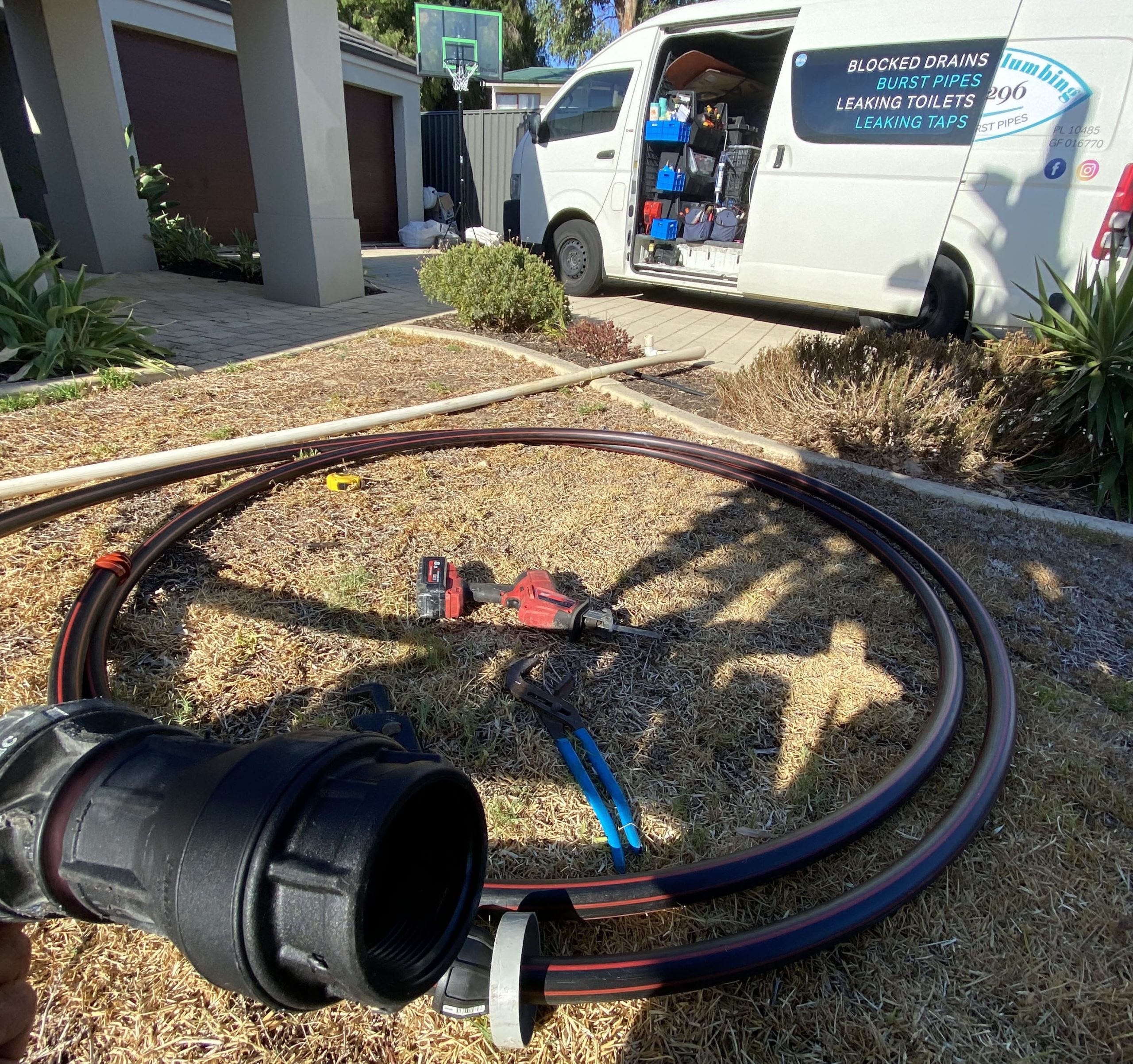Water Quality Testing for Bore Water Ensuring Safety and Potability
Hello to all the Aussie property owners, farmers, and sustainability enthusiasts! As water becomes an increasingly scarce resource, more and more Australians are turning to underground water sources. While bore water provides a reliable, cost-effective water supply, it’s critical to ensure it’s safe and suitable for intended use. That’s where water quality testing comes in. Join us in this detailed post as we, at Swell Irrigation, delve into the importance of bore water testing, what it entails, and how it ensures safety and potability.
The Importance of Bore Water Quality Testing
Water quality testing is essential to verify that your bore water is safe for its intended use. It helps identify contaminants that could affect health or the effective functioning of your water systems. This testing becomes even more crucial when using bore water for potable purposes, as poor water quality can lead to various health problems.

Reach Us for other Services
Understanding What’s in Your Bore Water
A standard water quality test for bore water includes a variety of physical, chemical, and biological parameters:
- Physical Parameters:
This includes attributes like colour, odour, turbidity (cloudiness), and temperature. These characteristics can give you a preliminary idea about your water quality.
- Chemical Parameters:
Chemical testing identifies substances like sodium, potassium, iron, chloride, nitrate, pH, hardness, and many more. These can affect the water’s taste, potential corrosiveness, suitability for irrigation, and health impact if consumed.
- Biological Parameters:
This testing looks for harmful organisms like bacteria, viruses, and parasites. The presence of these can indicate faecal contamination, which poses significant health risks.
Understanding the Water Quality Testing Process
Water quality testing involves collecting a water sample from your bore and sending it to a laboratory for analysis. The results will show levels of various substances and organisms, compared to acceptable standards. It’s recommended to use a National Association of Testing Authorities (NATA) accredited laboratory for reliable results.
- Sampling:
Proper sample collection is essential for accurate results. Follow guidelines provided by the testing laboratory, which will typically involve running the water for several minutes before collecting the sample in a sterilised container.
- Testing:
The sample is then analysed in a laboratory for various parameters. A standard bore water test usually includes physical, chemical, and microbial analysis.
- Analysis:
After testing, you’ll receive a report showing the levels of different substances in your water, compared against Australian Drinking Water Guidelines (ADWG) or relevant irrigation water standards.
- Interpretation:
The final step is interpreting the results. High levels of certain substances or organisms may mean your bore water isn’t suitable for its intended use, or that treatment is required.
Maintaining Safe Bore Water
Regular testing is crucial, but it’s not the only way to maintain safe bore water. Here are some additional steps to ensure your bore water remains safe:
- Well Construction and Maintenance:
Your bore should be properly constructed and maintained to avoid contamination from surface runoff. Use professional services to ensure quality.
- Protection of Bore Area:
Keep the area around your bore clean and free from potential contaminants, including chemicals, waste, and faecal matter.
- Regular Testing:
It’s recommended to test your bore water at least once a year, and more frequently if you’re using it as a drinking water supply. After heavy rain or flooding, additional testing is advisable.
- Treatment:
If testing reveals contaminants, appropriate water treatment measures will need to be taken. This might involve disinfection, filtration, or other methods, depending on the contaminants present.
- Specialist Advice:
If you’re unsure about your water quality results or what steps to take, consult a water quality specialist or your local public health unit.
Unlocking a Safe, Reliable Water Source
Bore water offers a significant opportunity for Australians to secure their water supply. But to ensure this water is safe, quality testing is critical. Regular testing not only keeps you and your loved ones safe but also helps protect your investment in your bore.
At Swell Irrigation, we understand the value of bore water drilling – but we also know the importance of safety. With regular water quality testing, you can unlock the full potential of your bore, ensuring it’s not just a water source, but a safe, reliable one. As Australians, we understand the preciousness of water. With bore water and the right testing, we can ensure every drop is just as safe as it is vital.
So, here’s to unlocking a new source of water, to the safety it brings, and to the future it promises. By keeping our water safe, we’re preserving our health, our resources, and our beautiful Aussie landscapes. Let’s make every drop count!
Quality Services is what we do!
Interested in any of our services? Contact us to make an appointment and get started!
Copyright © 2024 Swell Irrigation. All Rights Reserved
